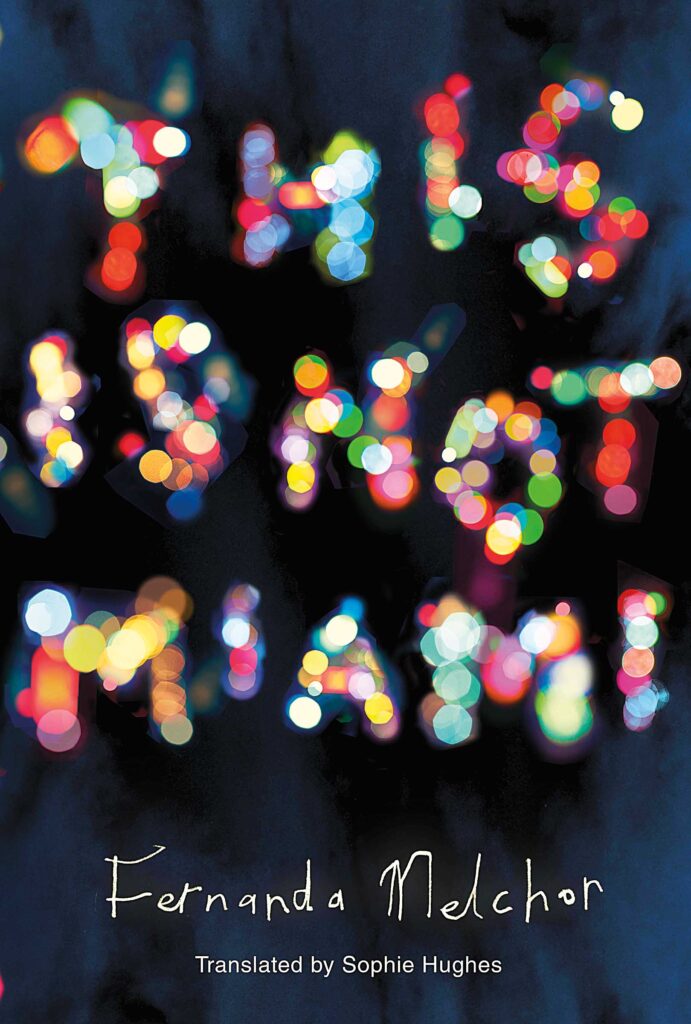This article is adapted from AQ’s special report on Lula and Latin America
When Paco arrives at the waterfront for his shift, his supervisor tells him to expect an uneventful evening. He and his co-workers are enduring the cold January wind, talking about “women, football, strategies to win the lottery, politics, religion, and back to women again,” when Paco sees nine spectral figures running towards him. Barefoot, “young, skinny yet strong, sinewy,” they stink of diesel and salt water, and are “soaked to the bone, with their arms and legs covered in welts that looked like whip marks.”
The men are migrants from the Dominican Republic. They had bribed the crew of a lumber vessel to let them hide in the hold until the ship reached Florida. They had been told that Miami was the fourth stop, but the ship made an additional layover, and they got out too early. “Please, tell us we’re in Miami,” a Dominican begged Paco, who laughed nervously. “Miami? You’re kidding. You’re in Veracruz!”
Melchor, who was born in Veracruz in 1982, is best known for her novels Hurricane Season (2020) and Paradais (2022) which, in expansive prose and with a dose of dark humor, chronicle the chaos and violence of the region. Similar concerns dominate this collection, which was mostly written in the 2000s, and has just been translated by Sophie Hughes. The pieces consist of relatos (stories) and crónicas, the Latin American literary genre that Melchor defines as “a hybrid form at once informative and interpretive.” In the introduction, Melchor writes that although her stories are based on real events, the stories can’t make “journalistic claims”—because, to protect her sources, she doesn’t include verifiable facts. Together, they form a portrait of Veracruz at the end of the 20th century and the start of a new millennium.
Nestled at the bottom of the Gulf of Mexico, Veracruz is the gateway to the country’s offshore oil. The city is Mexico’s principal port—dominated by the automobile industry and, more importantly for Melchor’s stories, by drugs. The impact of narcotics smuggling and President Felipe Calderón’s war on drugs (2006–12) is evident throughout the collection. The police engage in “a witch hunt to increase the numbers of detentions,” a lawyer tells Melchor, so that Calderón can justify his “little war, his so-called struggle against the narcos.”

This Is Not Miami
by Fernanda Melchor
Translated by Sophie Hughes
New Directions
Paperback
160 pages
Melchor often writes with a deep sense of place and character. The houses in the city’s historic center are “a rubble-filled ruin, a haunt for drunkards, mangy cats and specters who languish among the trash and overgrown weeds.” A woman fond of the chandeliers and velvet chairs of Veracruz’s most expensive nightclub complains that “there’s nowhere to go out because of the constant shootouts,” that the city is “turning into one of those horrible places up on the border.”
Veracruz is one of the most dangerous places in Latin America to be a journalist or a member of the judiciary—a reality conveyed, in grisly detail, in Melchor’s writing. In one story, the Zetas Cartel dismember a victim, cutting off her legs at the thighs and her arms at the torso. The press, possibly with the help of a relation, identify the corpse as belonging to a federal lawyer who had been kidnapped. But when her parents open the coffin at the wake, they find the wrong body.
Melchor writes unjudgementally and with great respect for her interlocutors. Even when her narratives are fragmentary or end abruptly, she teases out the diversity of life in Veracruz—from the mysterious, and the ordinary, to the gruesome. In the introduction she writes that “a city cannot tell its own story.” Luckily, for that we have Melchor.
—
Rey is a British-Colombian writer based in New York. He has published at UK-based publications, including Prospect, the Spectator, the Literary Review, History Today, the Financial Times, and the New Statesman. Rey won the runner-up award in the 2017 Bodley Head and Financial Times essay prize.







